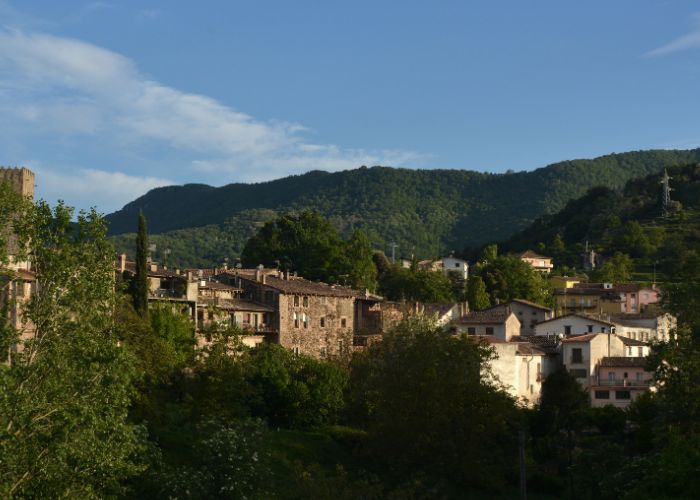CATALONIA – About 30 refugee families and status holders have settled in small villages with less than 500 Catalan inhabitants. The Micropueblos project offers them work and housing to combat depopulation.
The new residents mainly come from Ukraine, Syria, Venezuela, Afghanistan and Ecuador. The initiators of the project plan to develop it into municipalities of up to a thousand inhabitants. The proposal is part of the “Oportunitat 500” program. This began last September as a pilot test and is expected to end in October. To implement it, the program has the support of the Employment Service of Catalonia (SOC), the Department of Equality and Feminism and the Association of Rural Initiatives of Catalonia.
Related post: Spanish Government wants to fill abandoned Spanish villages with migrants in the fight against depopulation
The SOC has budgeted more than €865,000 for the project and pays €19,434 gross per year for each employee. The town halls provide shelter and the rest of the entities assist the families in their integration in their new place of residence. “The idea is that they eventually adapt and move in with us to help with the repopulation,” said Mario Urrea, president of Micropueblos in El País.
Also read: Discover the rich flavours of Catalan cuisine
25 Participating villages
A total of 25 villages participate in the program: Almatret, Llardecans, Torrebesses, Torre-Serona, Aspa, Baix Pallars, Farrera, Tírvia, Talarn, Conca de Dalt, Bellaguarda, the Sentiu de Sió and Ciutadilla (Lleida), Senan, Vilanova de Prades, les Piles, Blancafort, els Garidells, the Torre de Fontaubella, Ulldemolins and Freginals (Tarragona), Ordis (Girona) and Veciana, Pujalt and Vilada (Barcelona).
“Very enriching”
The chairman of Micropueblos is satisfied with the result of the initiative so far. He has emphasised that the families stay in the villages is “very enriching”. It concerns about 30 families with around 90 people in total, half of which are adults and half are children.
Larger places with more options
When the pilot test ends, Urrea explains, the idea is to expand the program to municipalities with fewer than 1,000 residents to more easily find available housing. There are also more options in larger locations, or so the reasoning goes.
Related post: Refugees repopulate small villages in Catalonia


